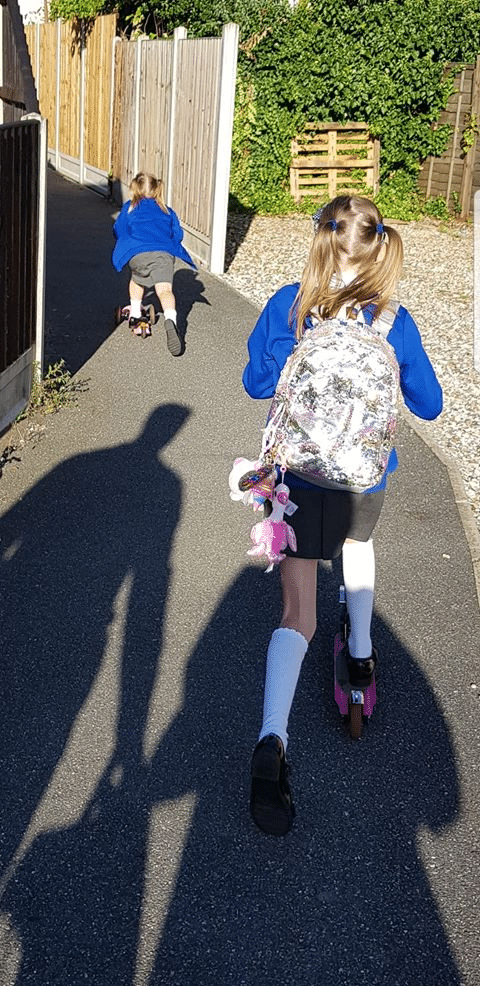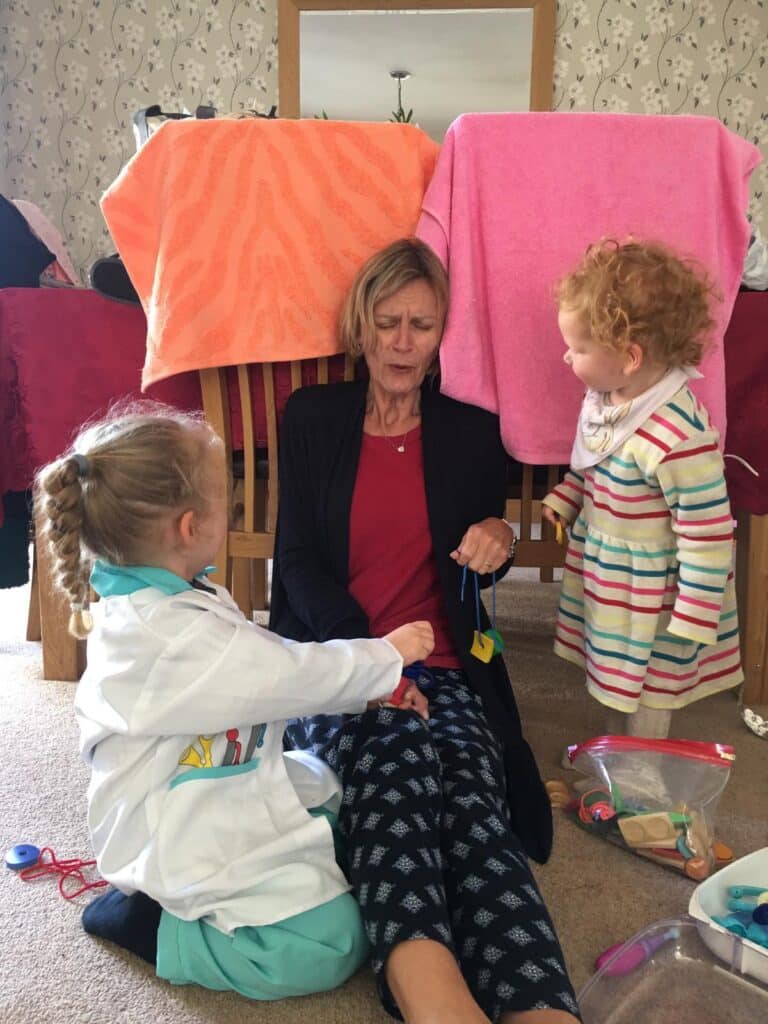Key skills for starting school!
Lots of parents ask us ‘how can I help my child get ready for school?’ The truth is you have been doing it since the day they were born, with the cuddles and kisses you’ve given, the songs you’ve sang, the books you’ve read and games you’ve played.
All these experiences have built up layers to give your child the key skills they need to start school!

Supporting your child with the transition to school is really important to help them understand what is going to happen.
Many parents worry that their child doesn’t know all of the alphabet or how to write their name, but if they have the key skills they need to be ready for school then things like learning sounds, numbers and writing will all be quicker and easier to learn once they start.

Key skills and top tips:
- Being a good communicator: your child can ask questions, communicate needs, ask for help and have conversations with their peers and adults – you can help by modelling how to ask questions and sharing feelings, praising them when they do it, and using role play games such as ‘doctors and nurses’ or small world play
- Being independent: your child can dress themselves, go to the toilet, and eat lunch on their own – you can help by allowing them more time to get ready, spending time showing them how to dress and undress, and giving them time to practice (sounds simple, but often something which can be missed in busy lives)
- Being curious: your child will be interested in new things and keen to learn – you can help by avoiding putting them under pressure to write or count, but instead try to make everything playful and fun, for example playing schools or shops
- Being a careful listener: your child can hear instructions, soak up new concepts and sounds, and hold their attention for new activities – you can help by removing distractions and background noise such as the TV or radio and play lots of turn taking games, reading stories, and exploring sounds around them
- Being confident: your child can feel happy and comfortable in a new environment – you can help by planning a series of activities and relaxed experiences in small steps that will lead up to the first day of school, such as visiting the school, doing the school run, choosing shoes, looking at photos of the school, talking about feelings
- Being physical: your child’s muscles (shoulder to fingers) are ready for writing, and they develop core strength for sitting and all the new physical techniques they will learn – you can help by playing physical games, going to the park, having challenges to complete and opportunities to do fiddly activities, for example threading and screwing
- Being organised: reduce your own anxieties and prepare as much as you can leading up to your child starting school
